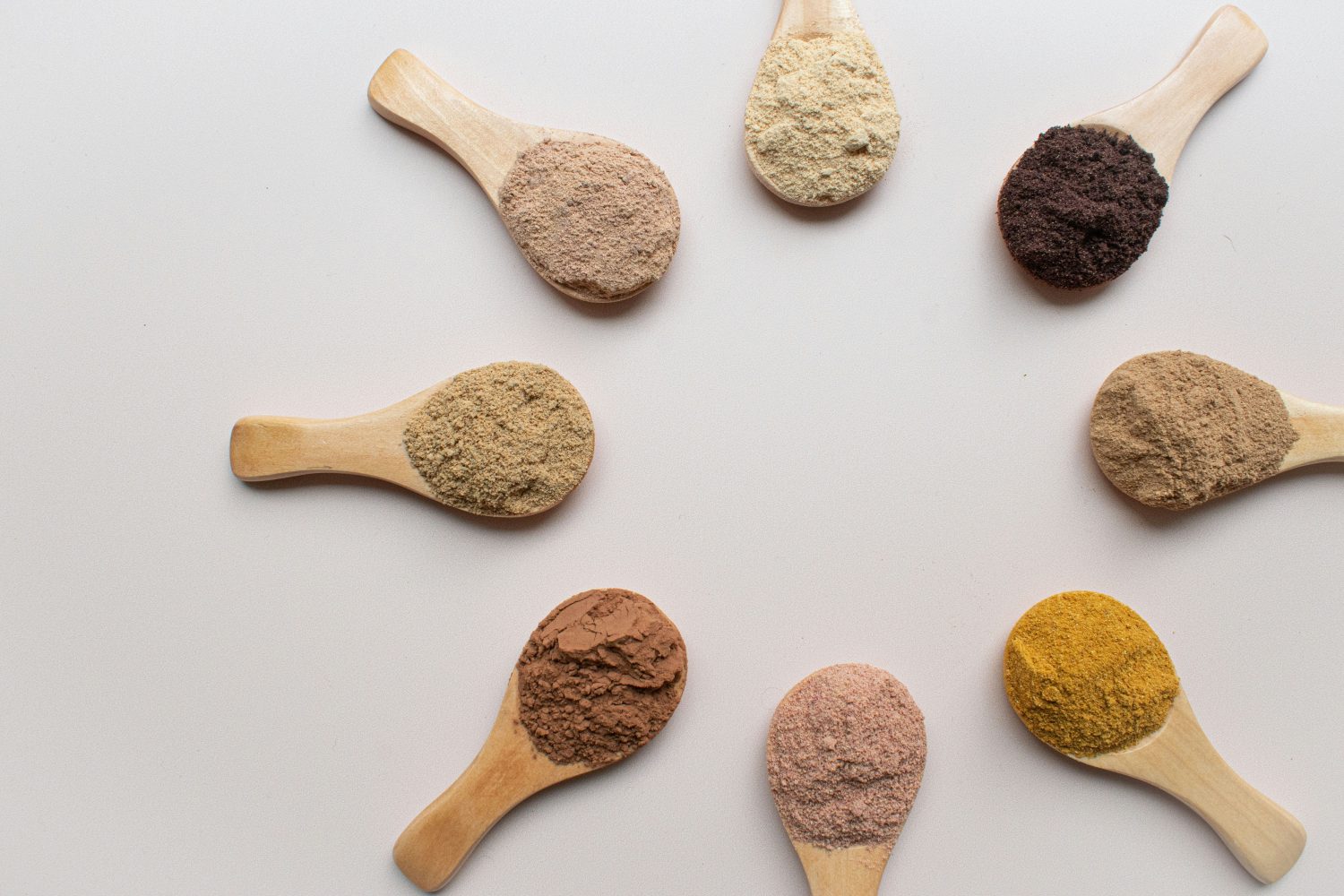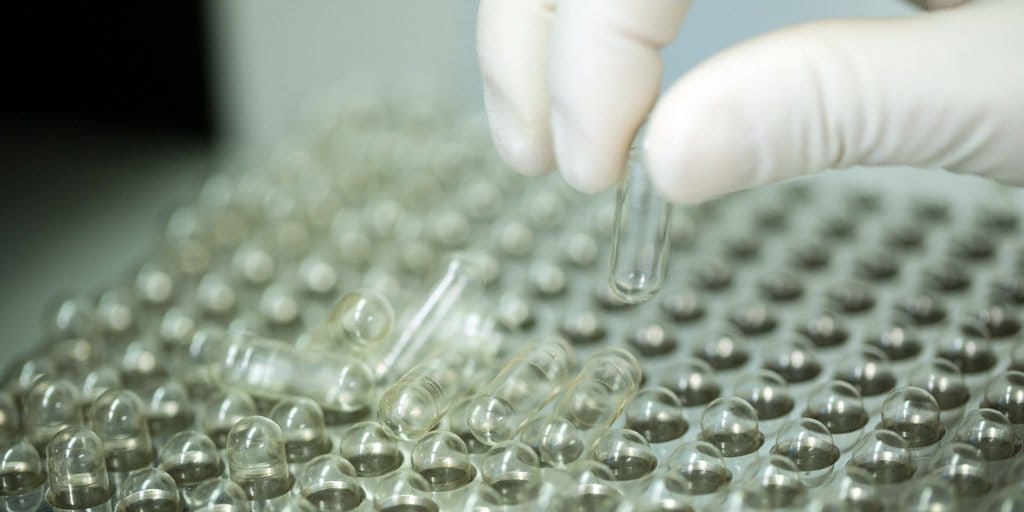Popular Products
Aronia Vida
CHF 69.00
They are additives that are similar, but not quite the same. Both prevent fabrics from sticking together and facilitate processing, but have different main functions. Some substances, such as silicon dioxide, can be both.
| Feature | Release agent | Trickling aids |
| Main function | Prevents fabrics from sticking and adhering to machines or tablet molds | Improve the flowability of powders and prevent clumping |
| Area of application | Tablets, capsules | Powdered food supplements |
| Typical substances | Magnesium stearate, silicon dioxide, stearic acid | Silicon dioxide, calcium phosphates, talc |
Frequently used release agents:
Typical representatives of anti-caking agents are
These additives therefore primarily help to facilitate and speed up production processes, as they prevent materials from sticking to production machines, which means that they have to be cleaned more often and wear out more quickly.

Release agents and anti-caking agents are very popular in the production of food supplements to enable efficient processing.
They prevent:
They provide:
With all the benefits mentioned, we now come to the issue of whether these substances are safe for consumers. Most anti-caking agents and anti-caking agents are approved by the EFSA (European Food Safety Authority) and are considered safe. They are also used extensively in foodstuffs such as salt. But there are also more and more other opinions. Some anti-caking agents and anti-caking agents are being criticized because they pose potential health risks.
Some examples:
There are fears that magnesium stearate reduces the absorption of active ingredients in the intestine or that it forms a biofilm in the intestine. There are also concerns that the substance is produced from genetically modified raw materials. Some studies suggest that it can affect the immune system in high quantities.
In the form of nanoparticles, it can penetrate cell membranes and be potentially harmful to health. Various study results suggest that nanotechnologically processed silicon dioxide E551 does not dissolve completely in the body and can be deposited in the organs. Swiss scientists from the National Research Program “Opportunities and Risks of Nanomaterials” have discovered that these nanoparticles can affect the intestinal immune system.
Talc is most commonly used as a component of skin powder (e.g. baby powder). During the processing (crushing, drying, grinding) of talc rock into talc, some of the trace elements are removed. Fine fibers remain, which are very similar to asbestos. The International Agency for Research on Cancer (IARC) of the World Health Organization (WHO) has classified talc as “probably carcinogenic”. Talc is therefore already partially banned in cosmetic products.
Opinions differ widely as to whether and which of these additives and auxiliary substances are questionable or not. However, the question arises as to whether there are alternatives. After all, if you are going to spend money on food supplements, you want to benefit from the healthy ingredients. You want a capsule to be full of these and not (largely) filled with excipients and additives, even if they were still harmless!
They really do exist. Companies such as kingnature consciously and successfully do without additives and auxiliary substances such as anti-caking agents and anti-caking agents. This is possible if machines are partially dispensed with during production. This means that certain processes are carried out manually or the capsules are filled in a semi-manual process. Although this takes longer and is also somewhat more expensive, additives can be completely dispensed with. The result is a very high quality with capsules that are literally packed to the brim with the desired ingredients!

The company kingnature specializes in non-flowable materials such as dried plant parts in powder form, which can only be mechanically encapsulated with additional effort. A lot of manual work and semi-automatic machines that work with a tamping technique are used for encapsulation. In this way, the maximum amount of valuable raw materials gets into the capsules. At kingnature, high-quality products are processed in a production facility in Switzerland. Vegetarian capsules (made from HPMC) without gelling agents and without excipients, additives or anti-caking agents are used.
Here you can find out more about the production of kingnature products without additives

Make sure that the place of delivery and the language correspond to your region. Otherwise, change your selection: